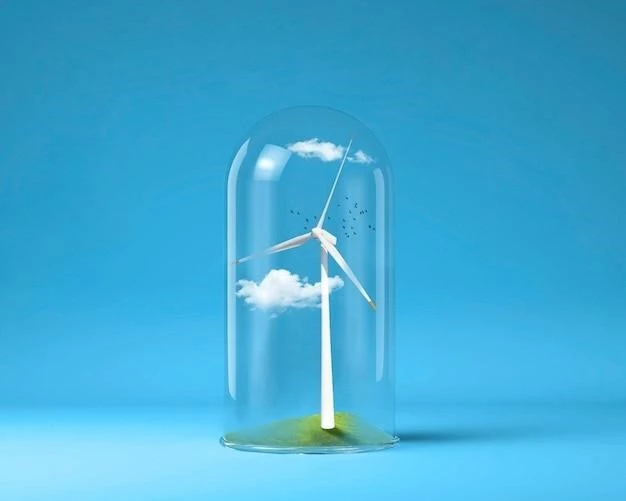Climate change is a pressing global issue, demanding a radical shift in our energy systems. The world’s dependence on fossil fuels, the primary driver of greenhouse gas emissions, has led to rising global temperatures, extreme weather events, and ecological disruption. To avert catastrophic consequences, transitioning to a low-carbon energy future is imperative.
The Urgency of Climate Action
The Intergovernmental Panel on Climate Change (IPCC) unequivocally states that human activities are the dominant cause of observed warming since the mid-20th century. The consequences of inaction are dire, including rising sea levels, more frequent and intense heatwaves, droughts, and floods, and disruptions to ecosystems and human health.
The scientific consensus is clear: we must drastically reduce greenhouse gas emissions to limit global warming to well below 2 degrees Celsius, ideally 1.5 degrees Celsius, above pre-industrial levels. This requires a fundamental transformation of our energy infrastructure, moving away from fossil fuels and embracing renewable energy sources.
The Role of Renewable Energy
Renewable energy sources, such as solar, wind, hydro, geothermal, and biomass, offer a clean and sustainable alternative to fossil fuels. They emit little to no greenhouse gases, are abundant and readily available, and can be deployed in various locations and scales.
- Solar energy harnesses the power of sunlight to generate electricity. Its vast potential is evident in the global solar resource, with the sun providing enough energy in one hour to meet the world’s energy needs for an entire year.
- Wind energy utilizes the kinetic energy of wind to generate electricity. Advancements in wind turbine technology have significantly increased efficiency and reduced costs, making wind power a competitive energy source.
- Hydropower utilizes the flow of water to generate electricity. While large-scale hydroelectric dams have environmental impacts, smaller-scale hydro projects can provide clean energy with minimal environmental footprint.
- Geothermal energy harnesses the heat from the Earth’s interior to generate electricity. It offers a reliable and sustainable source of energy, particularly in regions with geothermal activity.
- Biomass energy utilizes organic matter, such as wood and agricultural waste, to generate electricity. While biomass energy can contribute to renewable energy portfolios, it’s essential to ensure sustainable practices to avoid deforestation and land-use changes.
Beyond Renewable Energy: Energy Efficiency and Storage
While renewable energy sources are crucial, achieving a low-carbon future requires a multi-faceted approach. Energy efficiency plays a vital role in reducing energy demand and emissions. This includes improving building insulation, promoting energy-efficient appliances, and optimizing industrial processes.
Energy storage technologies are essential for addressing the intermittency of renewable energy sources. Batteries, pumped hydro storage, and other technologies can store excess energy generated during peak production periods and release it when demand is high, ensuring a reliable and stable energy supply.

The Future of Energy: A Collaborative Effort
Transitioning to a low-carbon energy future requires a concerted effort from governments, businesses, and individuals. Governments must establish ambitious climate policies, incentivize renewable energy deployment, and invest in research and development. Businesses have a crucial role to play in reducing their own emissions, adopting sustainable practices, and developing innovative energy technologies.
Individuals can contribute by making conscious choices in their daily lives, such as reducing energy consumption, switching to renewable energy providers, and supporting policies that promote a sustainable energy future. Collective action is essential to mitigate climate change and create a cleaner and more sustainable energy system.

Conclusion
Climate change presents a formidable challenge, but it also presents an opportunity to build a more sustainable and equitable future. The transition to a low-carbon energy system is not only necessary to mitigate climate change but also offers numerous economic, social, and environmental benefits. By embracing renewable energy, energy efficiency, and innovative technologies, we can create a cleaner, more secure, and prosperous world for generations to come.










